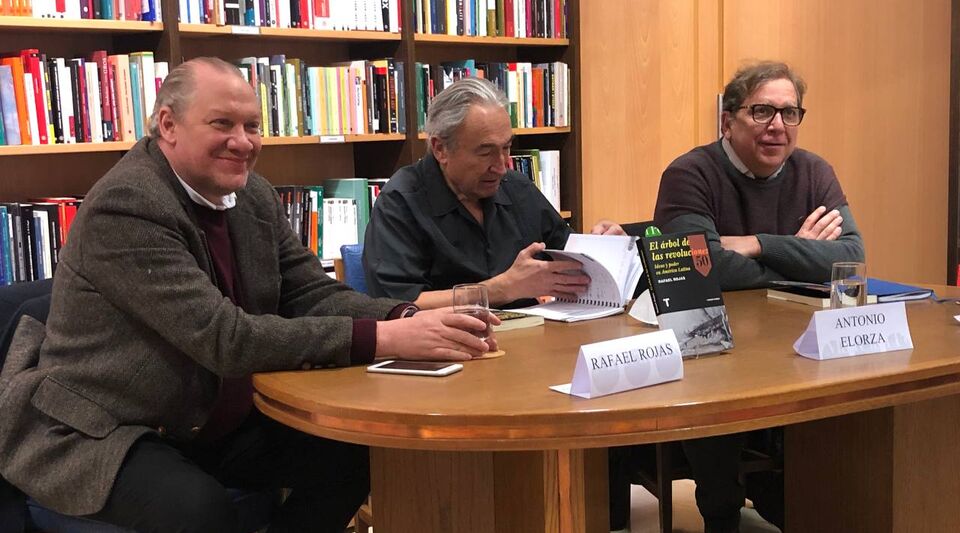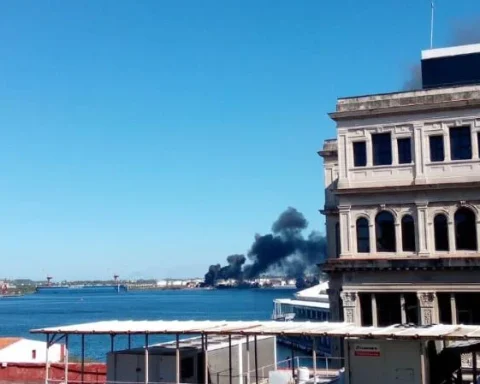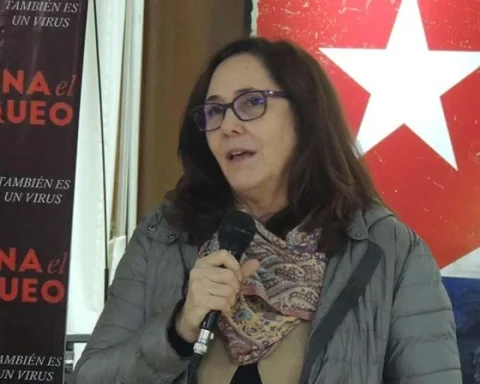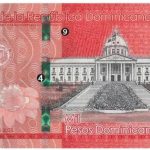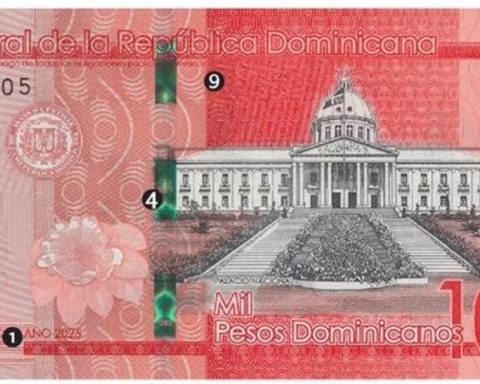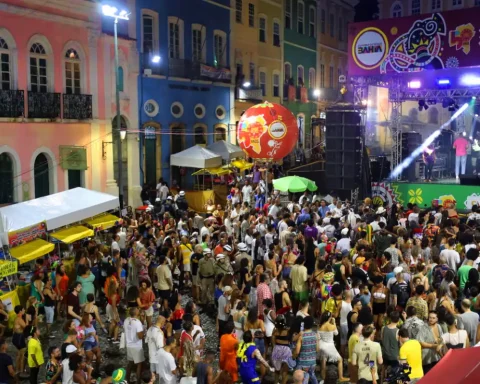The Cuban-Mexican Historian Rafael Rojas considers that the reasons that led to the social outbreak of last July 11 and 12 are still valid and that “something very similar” could happen at any time.
“It was a very spontaneous, heterogeneous, transversal, horizontal social explosion, without vertical leaderships,” recalled Rojas, a professor at El Colegio de México and a member of the Mexican Academy of History, this Thursday at the presentation in Madrid of his latest book, The Tree of Revolutions: Ideas and Power in Latin America ( Turner). “As a social outbreak, it reveals a crisis of legitimacy much deeper” than the Cuban authorities and the official media are trying to make you believe.
That crisis, the historian continued, “has to do indeed with shortages, shortages, very specific economic causes, but it is also a crisis of political legitimacy.” In this regard, he explained that the constituent process and the new Constitution that emerged from it, in 2019, left “dissatisfaction on all sides”, even in “reformist sectors.”
“There has been a government practically by decree, to prevent the constitutional framework from being expanded in certain democratic spaces, and that is what has led to the current situation”
Since then, said Rojas, “there has been a government practically by decree, to prevent the constitutional framework from being expanded in certain democratic spaces, and that is what has led to the current situation.”
Regarding what will happen on the Island after November 15, when the deployment of State Security prevented the Civic March for Change convened by the Archipelago platform, it was of the opinion that the government’s “clearly repressive” response has only added more elements to that popular discontent that may re-manifest itself at any time.
At the same time, he began to answer the question to Yunior Garcia Aguilera, present among the audience, who responded with a theatrical comparison: “What happened on November 15, I don’t see as an end to the play but as an intermission; that is, it is a pause to think about the way in which the fight for the change”.
The playwright, who left Cuba after that frustrated day and after suffering a prolonged act of repudiation on November 14 to prevent him from leaving his home, he acknowledged that after 15N “the opposition may has been divided a little“, but he emphasized that” there has not been an increase in people who support the regime, quite the contrary. “
“What happened on 15N I do not see it as an end of the work but as an intermission; that is, it is a pause to think about the way in which the fight for change is carried out,” said Yunior García Aguilera
In the presentation of The tree of revolutions, which took place at the Marcial Pons bookstore in the Spanish capital and was attended by the historian Antonio Elorza and the editor Ricardo Cayuela Gally, Rafael Rojas explained that he wrote this essay with the aim of differentiating the revolutionary processes that took place in Latin America in the twentieth century (including the Mexican revolution, the Sandinista in Nicaragua and, of course, the Cuban, but also the Brazilian Varguismo or the Argentine Peronism), each depending on its own context and that are usually presented “in the same plane “, all mixed.
De la Isla, in particular, what interested him was not to tell the history of the Revolution – which he has already done. in the past-, but rather “rebuilding the process by which in Cuba the maximum saturation of this symbolic usury of the concept of revolution occurs. To the point that in Cuba the Revolution, in the official discourse, appears as a synonym for the country”, a “process of mythification, “he says,” impossible to find in any of the other revolutions I study. “
Before Antonio Elorza’s comment, who reproached Rojas for not including in his book the Venezuela of Hugo Chávez and the Nicaragua of Daniel Ortega’s return in 2007, the Cuban argued that he considers that these recent phenomena are “self-conceived” within the revolutionary tradition “through a maneuver of symbolic capitalization, not because they are real revolutions.”
________________________
Collaborate with our work:
The team of 14ymedio He is committed to doing serious journalism that reflects the reality of deep Cuba. Thank you for joining us on this long road. We invite you to continue supporting us, but this time becoming a member of our journal. Together we can continue transforming journalism in Cuba.
